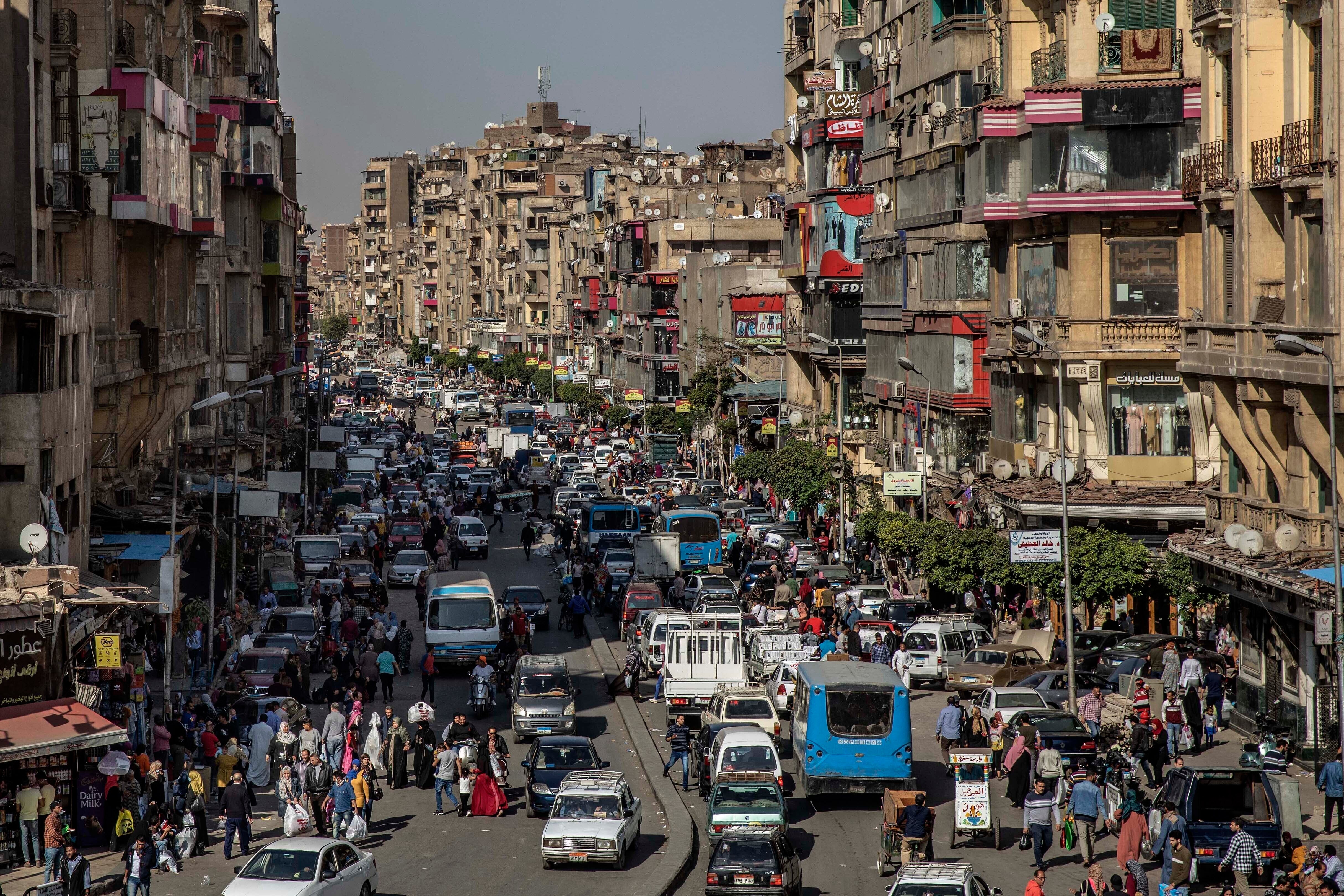Charges against Egyptian activist show law is ‘weaponised’ to gag sexual violence victims
‘The case against Rasha illustrates a disturbing pattern in which the Egyptian state seeks to prosecute and punish women on the grounds of ‘morality’ for what they post on social media,’ says campaigner

Your support helps us to tell the story
From reproductive rights to climate change to Big Tech, The Independent is on the ground when the story is developing. Whether it's investigating the financials of Elon Musk's pro-Trump PAC or producing our latest documentary, 'The A Word', which shines a light on the American women fighting for reproductive rights, we know how important it is to parse out the facts from the messaging.
At such a critical moment in US history, we need reporters on the ground. Your donation allows us to keep sending journalists to speak to both sides of the story.
The Independent is trusted by Americans across the entire political spectrum. And unlike many other quality news outlets, we choose not to lock Americans out of our reporting and analysis with paywalls. We believe quality journalism should be available to everyone, paid for by those who can afford it.
Your support makes all the difference.The charges levied against a prominent Egyptian women’s rights activist are symptomatic of the law being “weaponised” to punish victims of sexual violence, campaigners have warned.
Rasha Azab, who is also a journalist, was charged with “insult”, “defamation” and “deliberately disturbing” a well-known Egyptian film director called Islam Azazi.
Mr Azazi launched a lawsuit against Ms Azab for posting tweets voicing solidarity with women who alleged they had been sexually assaulted by the director. He has strongly denied the accusations.
The verdict of the activist’s case is due on Saturday - with campaigners raising fears Ms Azab could be sentenced to two years in jail.
At the end of 2020, an online publication called Daftar Hekayat, which is a platform for Egyptian women to anonymously give testimonies of sexual violence, released posts which claimed Mr Azazi sexually assaulted six women.
Ms Azab, who has 661 thousand followers, shared several tweets demonstrating her support for the alleged victims.
Jorie Dugan, a legal advisor for a global NGO called Equality Now, told The Independent: “The case against Rasha illustrates a disturbing pattern in which the Egyptian state seeks to prosecute and punish women on the grounds of ‘morality’ for what they post on social media.
“Sexual harassment and gender-based violence remain extremely widespread across Egypt, despite recent legislative reforms aimed at guaranteeing rights for women.”
Ms Dugan warned the Egyptian government is not properly safeguarding women and girls from sexual violence and domestic abuse.
“And worse still, is in some cases criminalising women’s rights defenders and survivors of sexual violence who speak out about these issues,” she added.
“Rasha is an example of defamation laws being weaponised to intimidate, silence, and retaliate against survivors of sexual violence and supporters who speak out in solidarity. It is a tool to prevent people from coming forward and it leads to impunity for perpetrators”.
She said this impunity pervades specific court cases involving gender-based violence but also goes further and creates a “culture that discourages open and honest” conversations about rape and other forms of sexual violence.
Ms Dugan added: “Instead of directing state resources toward facilitating access to justice for these women, prosecutors are seeking to silence and punish Rasha for voicing her support and exercising her right to freedom of expression.”
Equality Now has signed an open letter, seen by The Independent, in support of Ms Azab which “calls for solidarity with Rasha Azab, as she is punished because of her solidarity with survivors of sexual violence crimes ranging from harassment to rape”.
The letter, which was signed by other human rights organisations, adds: “As if society and the state are sending a clear message of the imperative to punish those who stand in solidarity with survivors of sexual violence crimes to ensure that the perpetrators are not punished.
“An indirect message is also sent to the survivors of these crimes not to disclose what is being committed against their right to their physical safety, in light of a time when these crimes are being revealed globally.”


